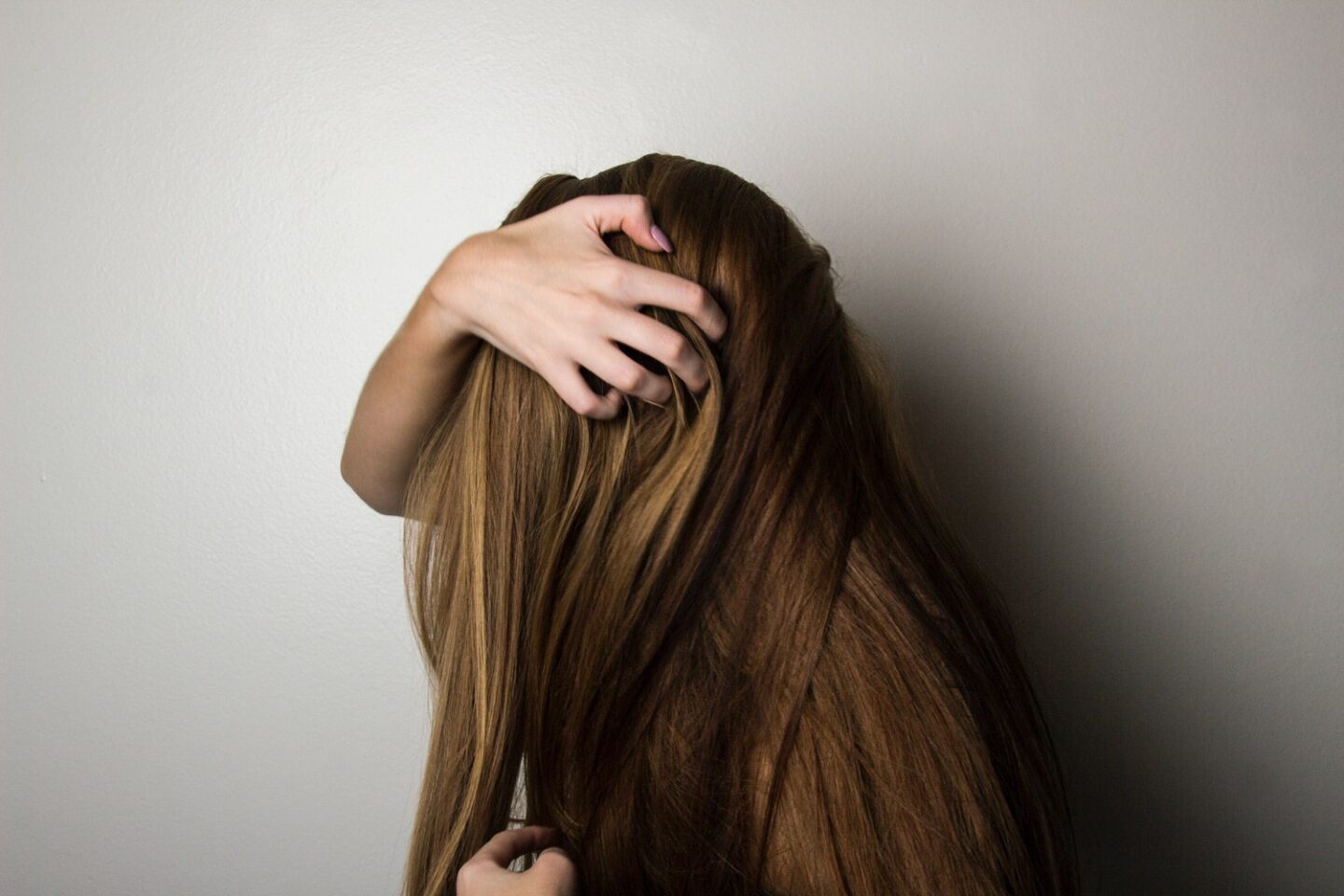Thinning hair is one of the most common hair complaints and can really impact a person’s confidence. If you’re struggling with thinning hair, then take a look at the following post. We’ve featured some top tips for the different options available to help with thinning hair depending on what could be causing it, and your budget for making improvements.
Getting A GP Prescribed Medication
If you’re really struggling with severe hair loss, then it’s best to discuss this with your GP to see if there are any treatments they would be able to prescribe for you to help. This can range from pills to injections depending on what they think might be the cause of your hair loss. One such treatment is Finasteride, which is often used as a treatment by GPs for male hair loss and thinning. If you have been prescribed this treatment, visit Oxford Online Pharmacy to buy Finasteride for hair loss.
Hair Transplants
Aside from medical treatments, hair transplants are a great option for a cosmetic cure for thinning hair. Hair transplants involve moving healthy hair follicles from thicker areas of hair into the thinning sections of hair. These moved follicles then grow thicker hair to help reduce the appearance of balding and make hair look healthier. The procedure is done under local anaesthetic, and you can usually go home the same day.
Quick Fixes
If you think having a hair transplant is too drastic for you, then you could try some quicker, cheaper, and less long-lasting methods. There are some coloured hair sprays that you can spray onto thinning areas of hair and blend in to cover them. If you have long hair, you could try things such as curling your hair to make it look naturally thicker. Also, consider if there are ways to style your hair that would help to cover certain thinner patches. For example, flipping your hair to one side or tying it back.
Getting Your Hormones Checked
One of the biggest causes of hair loss is due to fluctuations or changes in hormone levels. Speak to your GP if you feel your hair loss may be being caused by hormonal changes, as they may be able to recommend treatments such as Hormone Replacement Therapy. Getting your hormone levels tested will help to establish whether or not your hormones could be responsible for your hair loss.
Increasing Vitamin Intake
One thing many of us might forget to do to help with preventing hair loss is to make sure we’re getting the right nutrients in our diet. Some of the vitamins we need to include in our diet to help support healthy and strong hair include:
- B Vitamins
- Zinc
- Biotin
- Iron
- Vitamin D and E
Including more of these vitamins in your diet will help to make sure you’re supporting your hair as best you can for it to grow healthy and strong. If you feel you’re struggling to get all the nutrients you need for your hair from your food, then hair growth supplements can be a good option to help support your nutritional needs.
